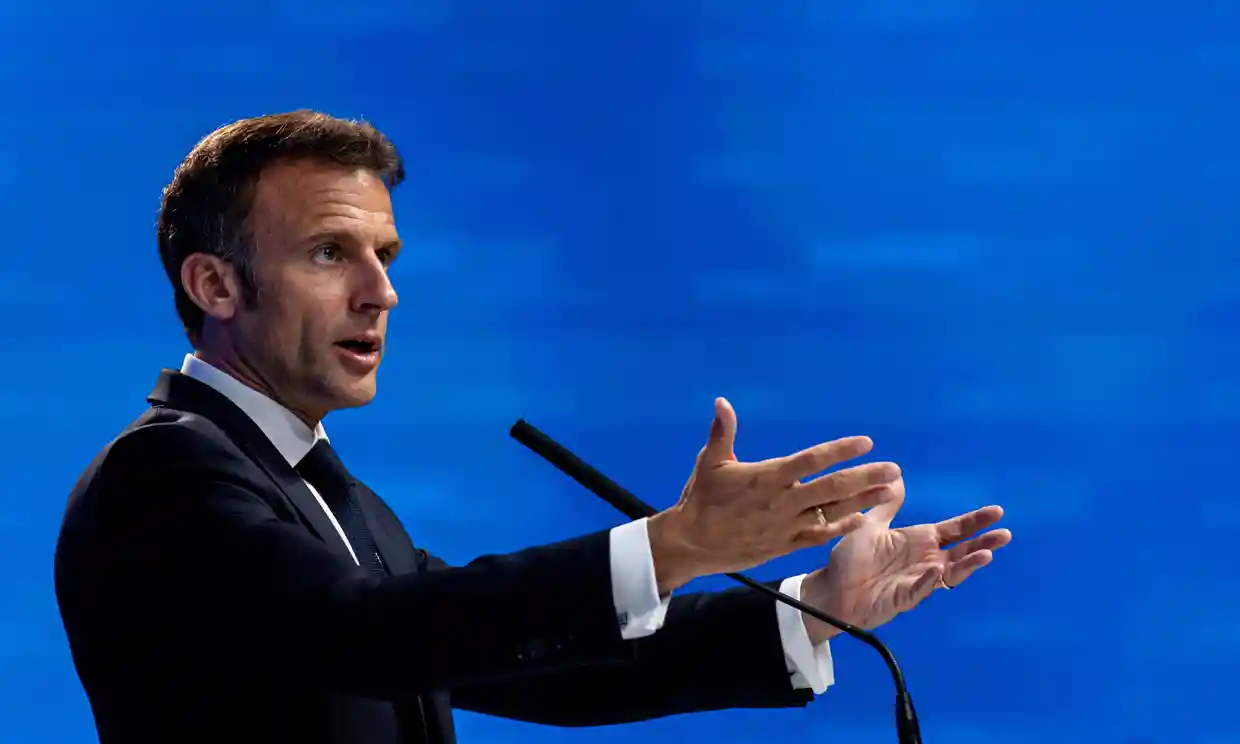A group of more than 100 top economists has suggested taxing extreme wealth to cover the costs of the harm caused to the poorest due to climate change.
A wealth tax on the wealth of the richest people in the world would generate trillions of dollars that might be used for “loss and damage,” the rescue and recovery of countries hit by climate calamity, as well as for aiding poorer countries in transforming their economies to be low-carbon.
Recent estimates show that a 2% tax on extreme wealth would generate around $2.5 trillion annually.
Before this week’s global banking summit, economists—among them well-known degrowth advocate Jason Hickel—wrote a letter to world leaders. To ensure that the world restricts the rise in temperatures to 1.5C above pre-industrial levels, they are advocating a tax of 1.5% for 1.5C.
According to Oxfam, the world’s richest 1% are accountable for twice as much carbon emissions as the world’s poorest half, although there are few restrictions on them. Despite this, the richest 1% are liable for a disproportionate amount of the world’s greenhouse gas emissions.
According to recent research, wealthy nations would have to pay the poor $6 trillion annually in “reparations” for the damage the climate catastrophe is causing in poorer nations if their combined emissions were taken into account.
“Global north leaders’ claims that they cannot afford to address global crises are, to put it simply, a lie. The status quo is very unaffordable. The truth is that there is no lack of public funding that can be allocated to the cause; nevertheless, this must change.
The economists also demand that detrimental fossil fuel subsidies halt and that some of the world’s poorest nations have their debts cancelled in the letter.
One of the letter’s authors, Alex Lenferna of Nelson Mandela University and the Climate Justice Coalition, stated: “Countries in the global south are drowning in debt, forcing austerity and eroding our capacity to respond to the climate issue.
To promote a truly equitable transition, we require significantly greater public funding. The global north must make good on its climate debt rather than using climate finance to further its own interests.
The Climate Accountability Institute’s Richard Heede stated that energy companies must pay for the harm they have created. “The affluent energy companies that have worked together to postpone action and maintain the carbon economy should also make significant contributions to an atmospheric trust to help the nations and people who contributed little to climate emergency.
The meeting for a new global financial agreement, which is expected to be held in Paris on Thursday and Friday and be hosted by French President Emmanuel Macron and Barbados Prime Minister Mia Mottley, is anticipated to draw some 50 heads of state and government.
It aims to allay the grave worries that developing nations have over the unfulfilled financial aid that wealthy nations have long promised to give them in order to help them reduce emissions of greenhouse gases and deal with the effects of harsh weather.
The German chancellor Olaf Scholz, European Commission President Ursula von der Leyen, US Special Presidential Envoy for Climate Change John Kerry, and Chinese Premier Li Qiang are among the world leaders who are anticipated to attend. The UK prime minister, Rishi Sunak, will probably fail to attend the meeting, though.
Poorer nations are increasingly displeased that wealthy nations are aiding Ukraine and spending trillions to deal with Covid but are hesitant to assist them with the effects of the climate problem. Climate financing is one of these issues.
Governments decided to create a “loss and damage” fund in November to aid in the reconstruction of communities hit by a climate disaster. On how to obtain the funds necessary to fill it, however, there is still no consensus. Despite being asked by richer countries to reduce their emissions, poorer countries also struggle to get financing for sustainable growth of their economy.
In order to increase the amount of money that can be made available to developing nations, Mottley has outlined her recommendations for reforming the World Bank and other international organizations. The conference will also cover potential new revenue streams like tariffs on high-carbon industries like international shipping.

